Thailand, once hailed as the first Asian country to decriminalize cannabis, is now backtracking amid growing domestic and international pressure. New measures effective from Wednesday restrict marijuana sales to those with a medical prescription, signaling the government’s intention to clamp down on the previously unregulated industry.
The Public Health Ministry has also signaled that recreational marijuana use could soon be criminalized again. These moves mark a significant shift from the 2022 decision to legalize cannabis, which had sparked a rapid expansion of the marijuana market.
Thailand’s Cannabis Boom Spurs Chaos, Smuggling Surge, and International Pressure for Stricter Controls
Since legalization, cannabis has become ubiquitous in Thailand, particularly in tourist-heavy areas like Bangkok’s Khao San Road. With around 11,000 dispensaries nationwide, marijuana shops and derivative products like edibles have flourished—often operating in legal grey areas.
However, efforts to regulate the industry have stalled due to political disagreements and lobbying from vested interests. The lack of a regulatory framework has led to what many call a chaotic “weed wild west,” attracting both legitimate entrepreneurs and criminal enterprises.
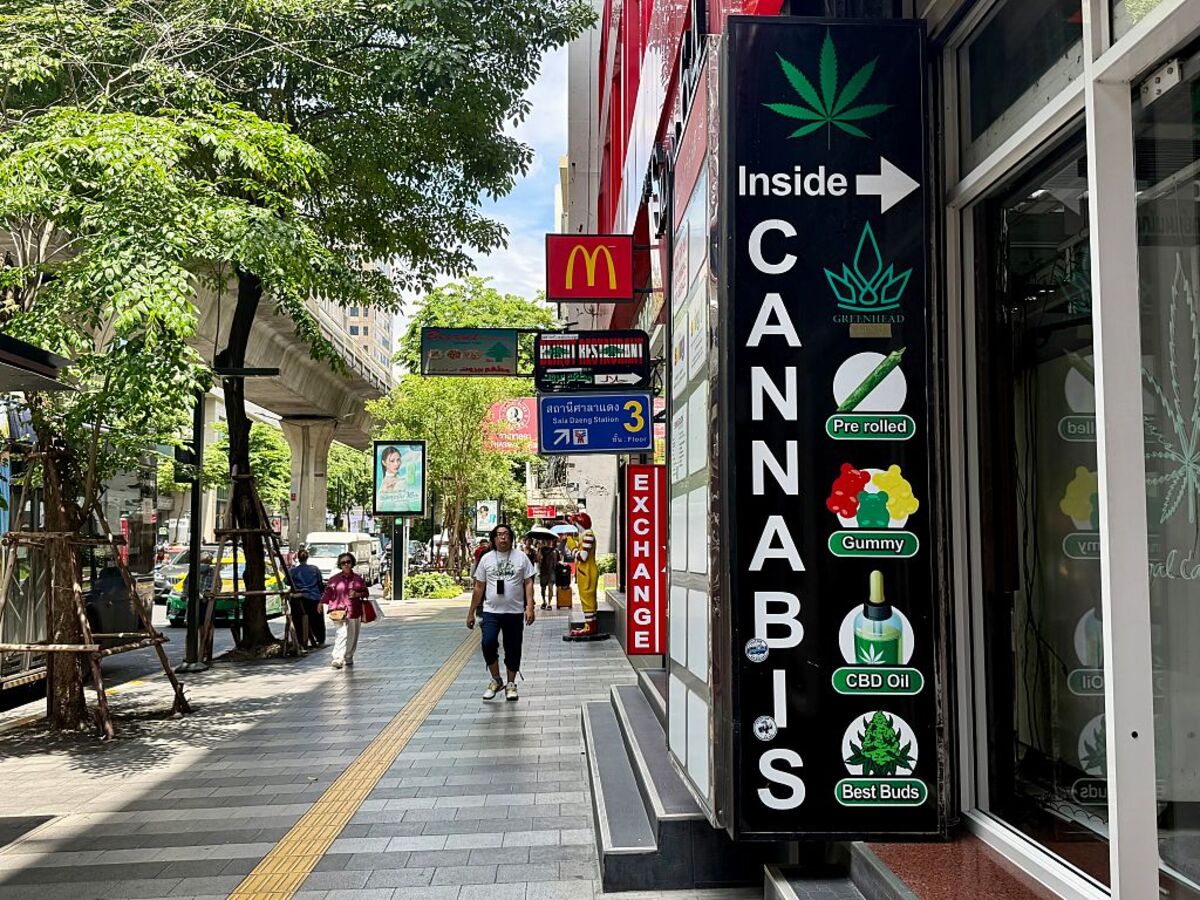
The global repercussions of Thailand’s cannabis liberalization have become increasingly apparent, particularly in the UK. British authorities have reported a massive rise in marijuana smuggling from Thailand, mostly involving young couriers recruited by drug syndicates.
In 2024, 800 couriers were caught transporting 26 tonnes of cannabis. Arrests have led to significant prison sentences, prompting cooperation between Thai and UK officials to address the loopholes. However, Thai authorities admit their penalties are weak and enforcement is inconsistent, allowing smugglers to exploit the system repeatedly.
Small Growers Demand Balanced Cannabis Regulation Amid Crackdown, Oversupply, and Weak Enforcement Penalties
While government officials are pushing for tighter restrictions, opposition is growing among small-scale cannabis growers and advocates. Critics argue that the new rules will devastate local businesses already struggling with oversupply and falling prices. Many say existing laws, if properly enforced, would be sufficient to curb illicit activity without crushing the legal market.
Protests have erupted, with growers calling for thoughtful regulation rather than a knee-jerk reaction to international criticism. They emphasize that legitimate operations are already closely monitored through official licensing and record-keeping.
Thai customs and airport authorities are stepping up enforcement, targeting suspected smugglers through surveillance and travel pattern analysis. Though seizures are increasing—over 200 suitcases filled with marijuana were confiscated in just one month—punishments remain minimal.
Meanwhile, calls continue for a balanced approach that distinguishes between law-abiding cannabis businesses and criminal networks. As Thailand attempts to regain control over its marijuana market, the challenge lies in creating a regulatory environment that supports legitimate medical use while shutting down illegal trade.

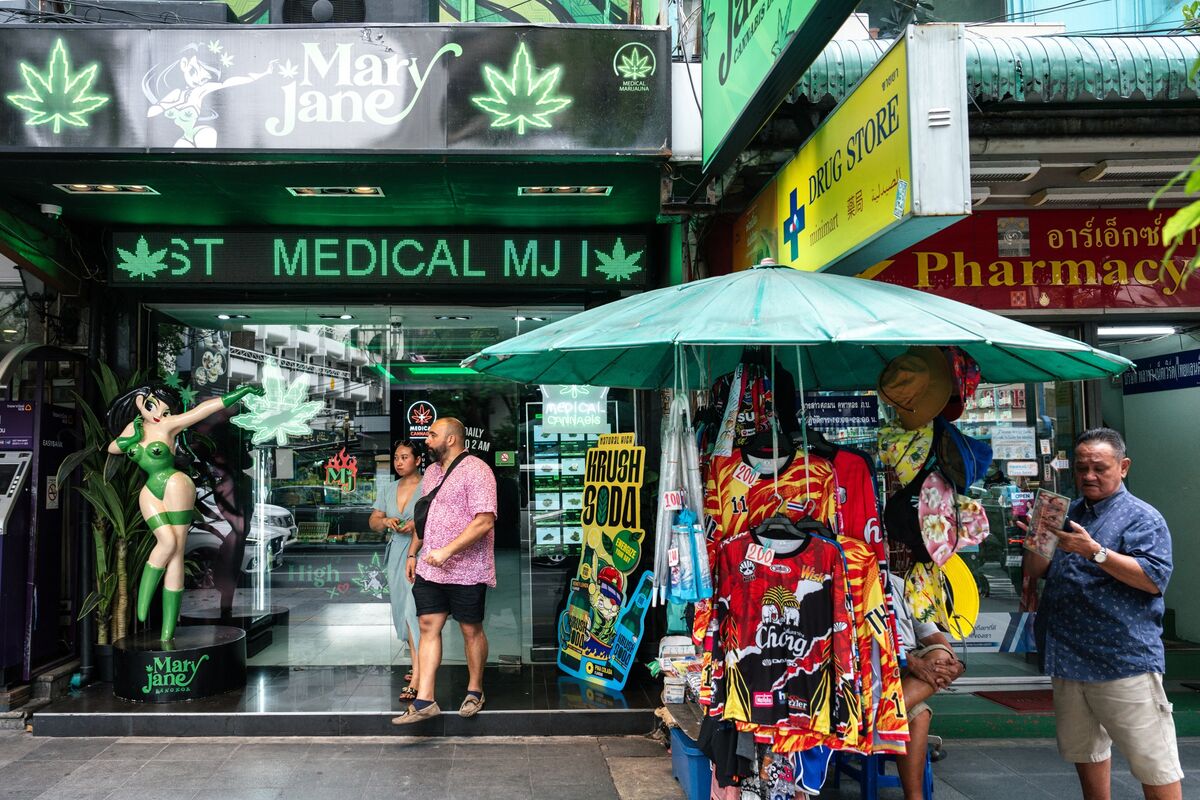
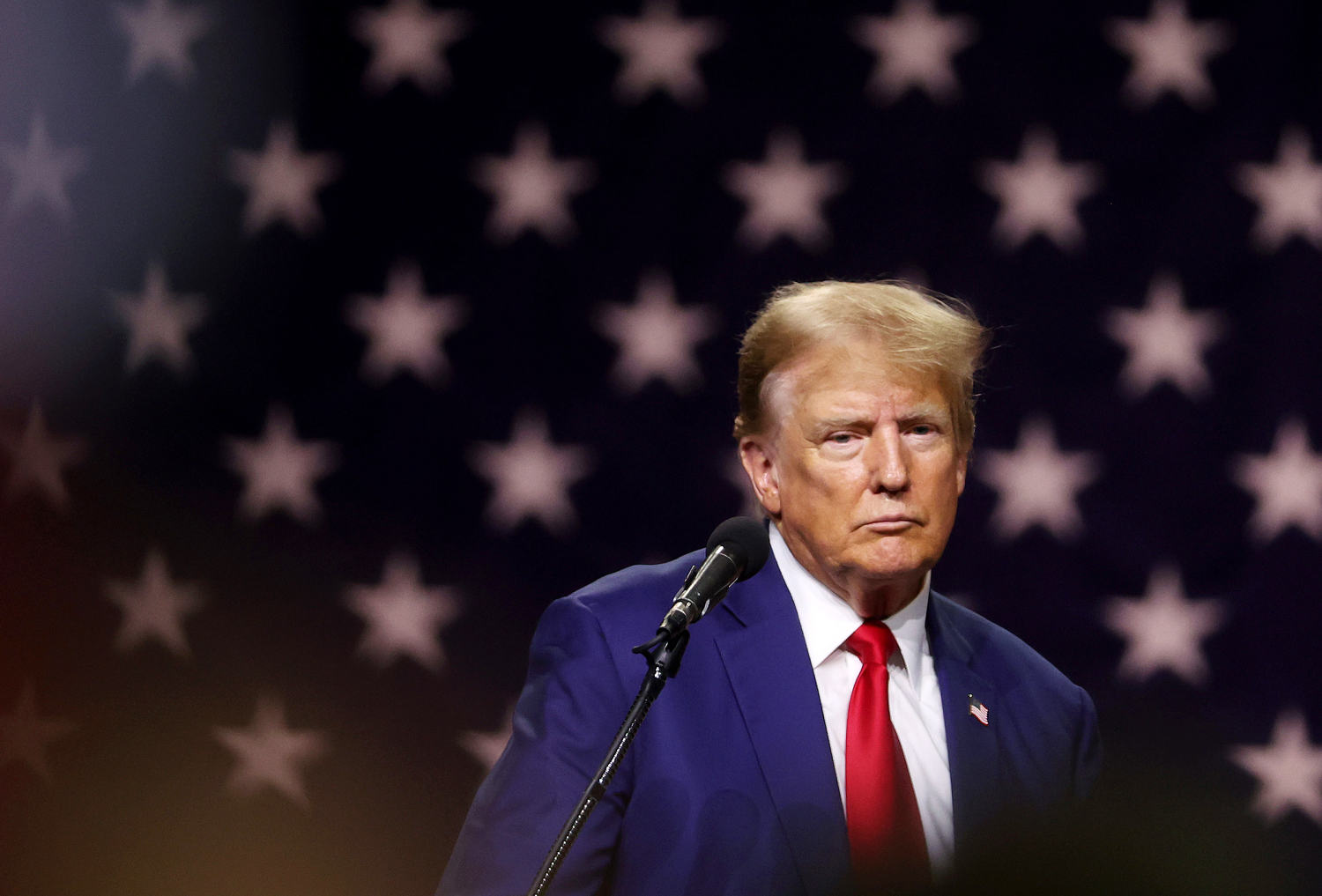







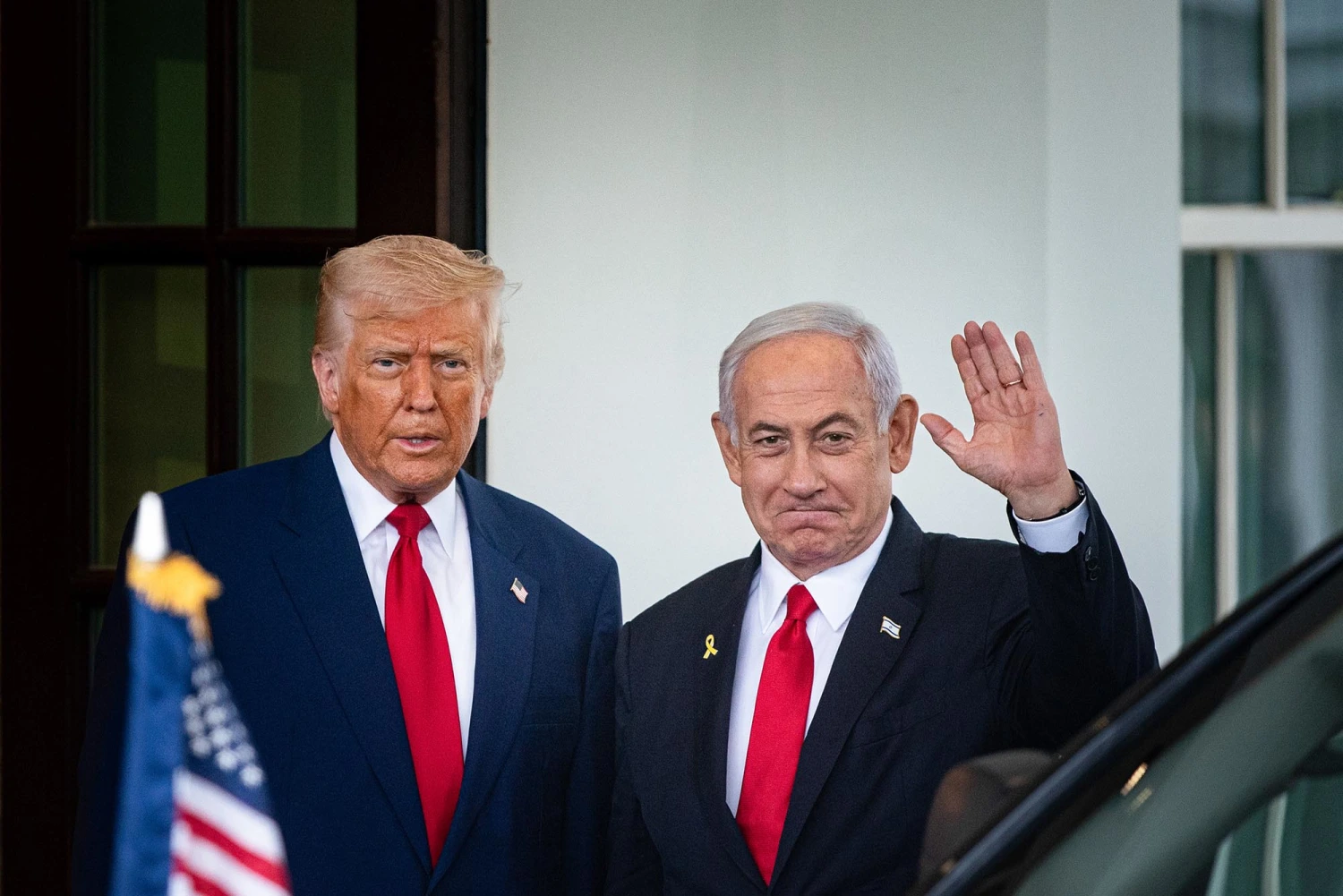
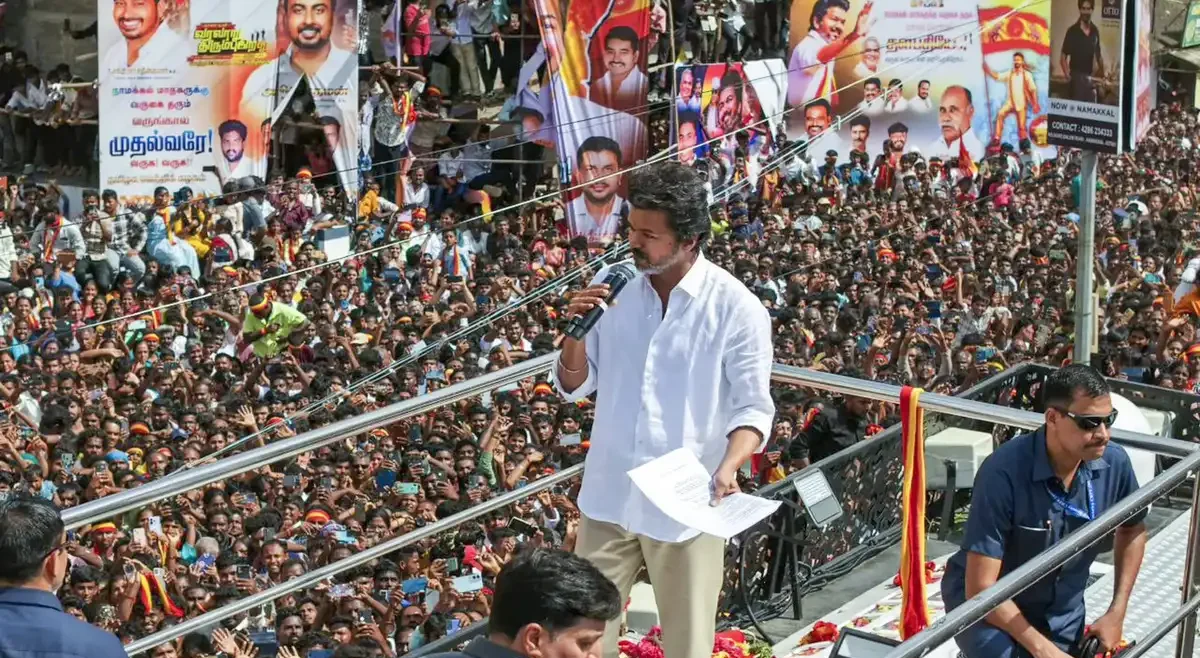
Leave a Reply